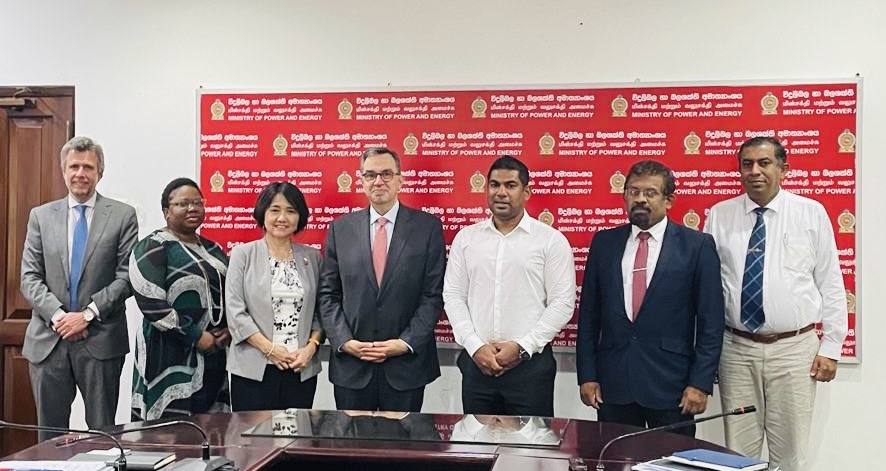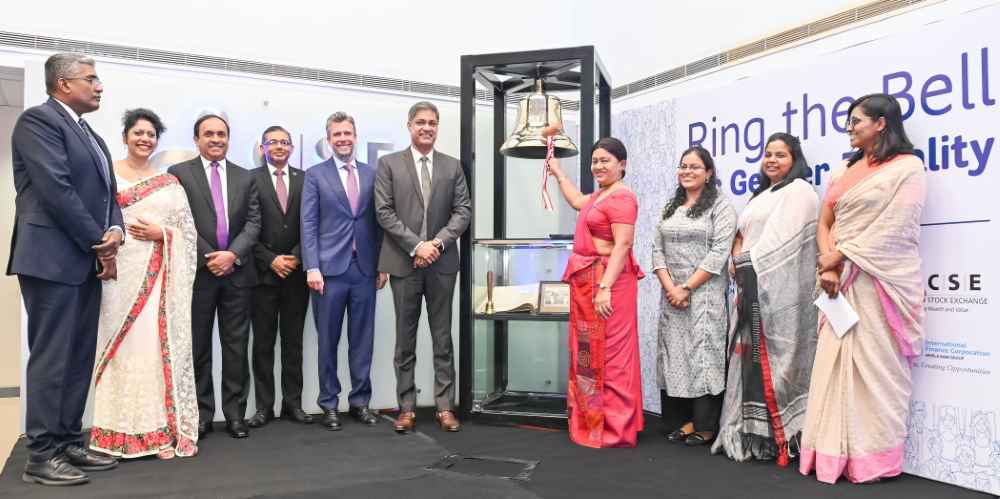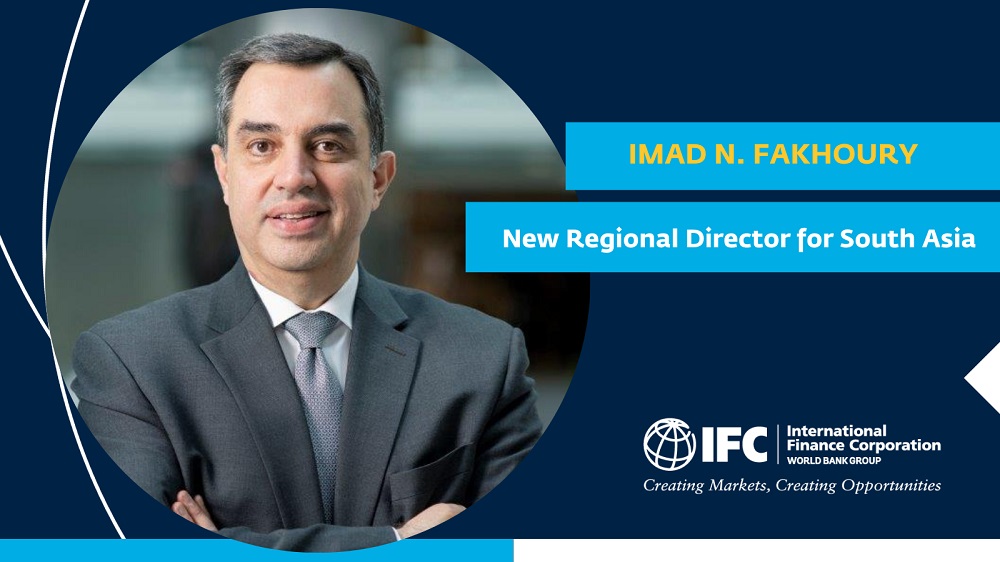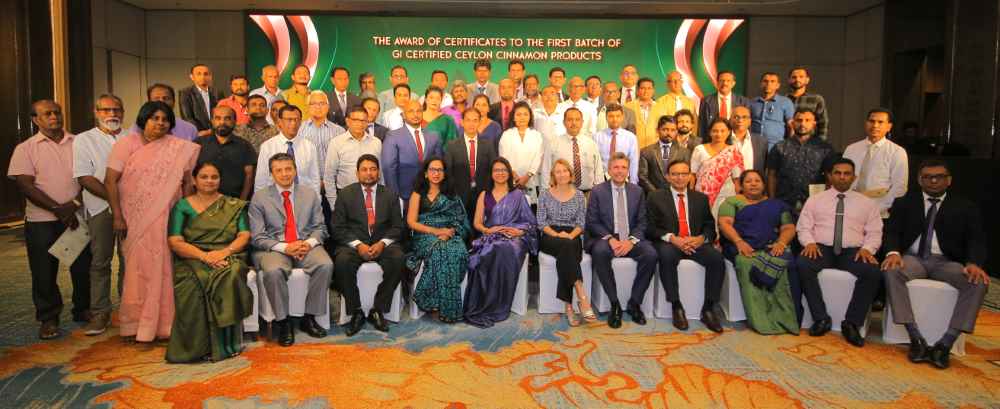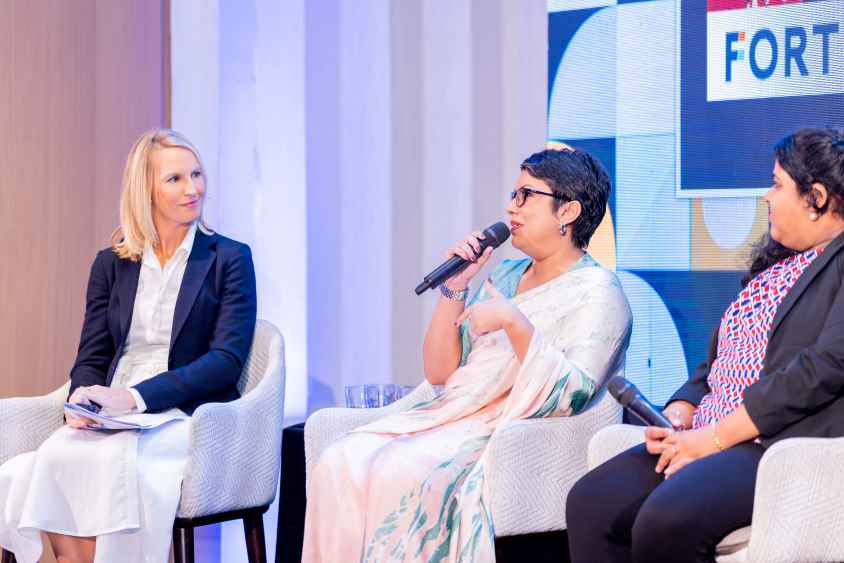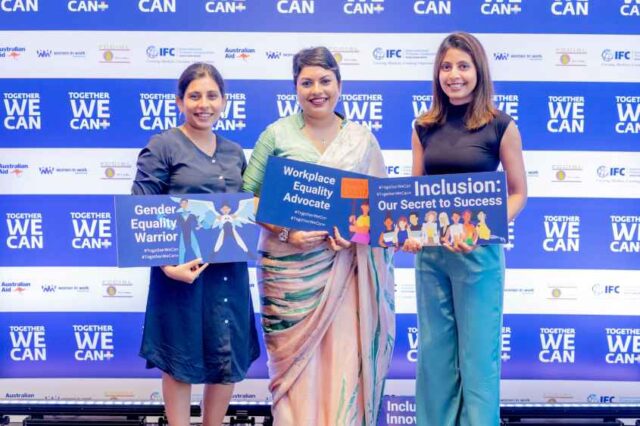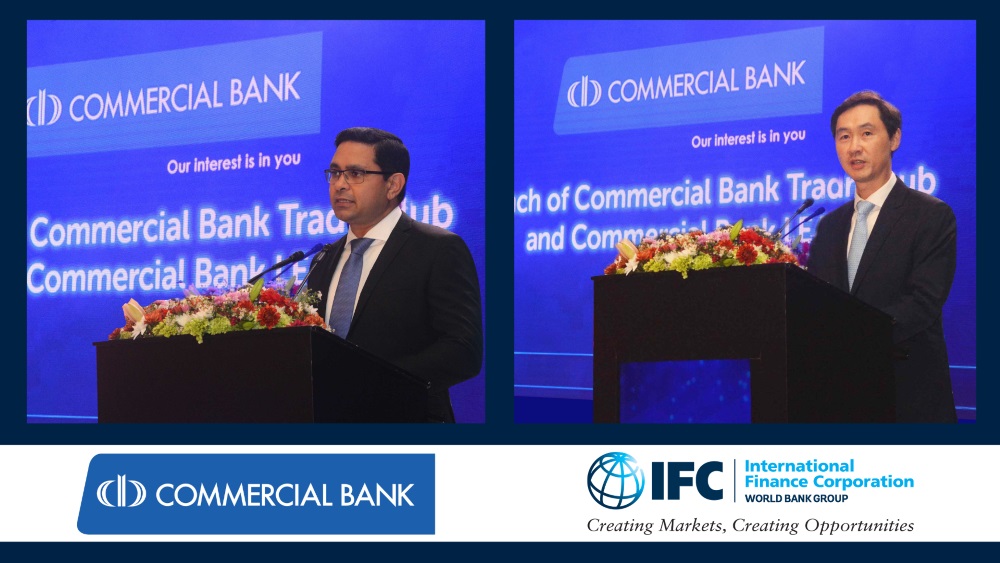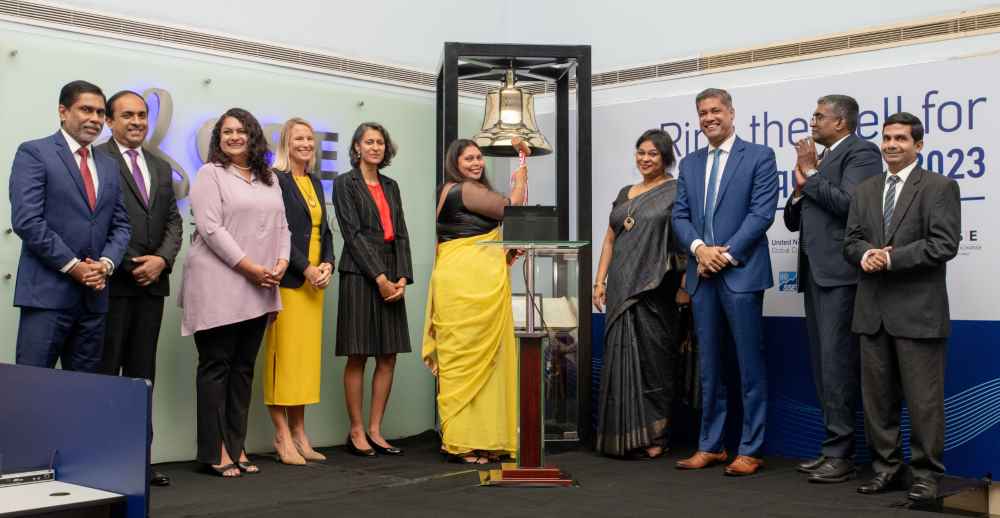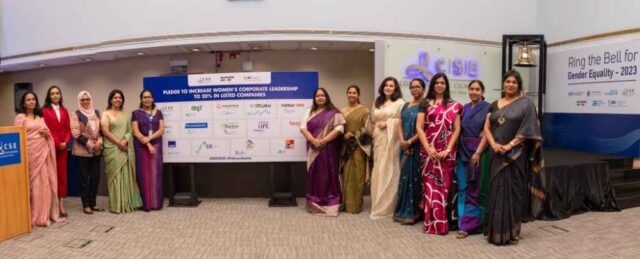Colombo, Sri Lanka, April 8, 2024—To bolster growth and combat climate change, the International Finance Corporation (IFC) and Citizens Development Business Finance PLC (CDB)—a leading non-banking financial institution in Sri Lanka—are partnering to enhance CDB’s green portfolio, fostering sustainable and inclusive growth.
IFC will support CDB to expand its climate finance product offerings and devise a carbon credit aggregation business model, aligning it with the country’s climate commitments. IFC will also help CDB review and strengthen its environmental and social management system in line with IFC’s Performance Standards.
“Our collaboration with IFC is aligned with CDB’s strategic aspirations to realizing unprecedented growth and our firm sustainability commitment. This partnership with IFC will strengthen our journey of moving towards becoming a net zero entity. CDB’s strategy considers embracing sustainability and tech disruption as the key enabling pillars,” said Mahesh Nanayakkara, Managing Director/Chief Executive Officer, CDB.
This collaboration coincides with the visit of IFC’s Regional Director for South Asia, Imad N. Fakhoury, who reiterated IFC’s dedication to support Sri Lanka’s development, climate readiness, and resilience efforts during his inaugural trip to the country.
“Sustainability is at the heart of IFC’s mission in Sri Lanka. Our latest partnership with CDB allows us to leverage our expertise, including a deep understanding of the nation’s financial markets and a strong local presence,” said Fakhoury. “In alignment with national priorities, IFC is committed to advancing Sri Lanka’s climate agenda, fostering economic stability, and creating jobs and opportunities. We focus on an inclusive transition that prioritizes people, jobs, and long-term development. Given the nascent market for green finance in Sri Lanka, IFC aims to support financial institutions by building their capacity and helping them align their lending portfolios with changing climate scenarios.”
Fakhoury’s agenda included meetings with several private sector clients as well as government dignitaries including the Minister of Power and Energy, State Minister of Finance, Advisor to the President of Sri Lanka, Governor of the Central Bank of Sri Lanka, and Secretary of Treasury, among others. His top priorities are to expand crucial private capital mobilization and greater investment in Sri Lanka, while underscoring IFC’s commitment to support the country’s economic rebound.
Since the onset of the pandemic, IFC has invested over $1 billion in Sri Lanka providing essential long-term capital and trade financing to help sustain businesses and preserve jobs. In response to Sri Lanka’s economic crisis, IFC provided Cross Currency Swap lines totaling $100 million to three private banks, providing a timely USD liquidity injection to help strengthen the viability of trade, bank liquidity, and access to critical goods and items during a pivotal period.



